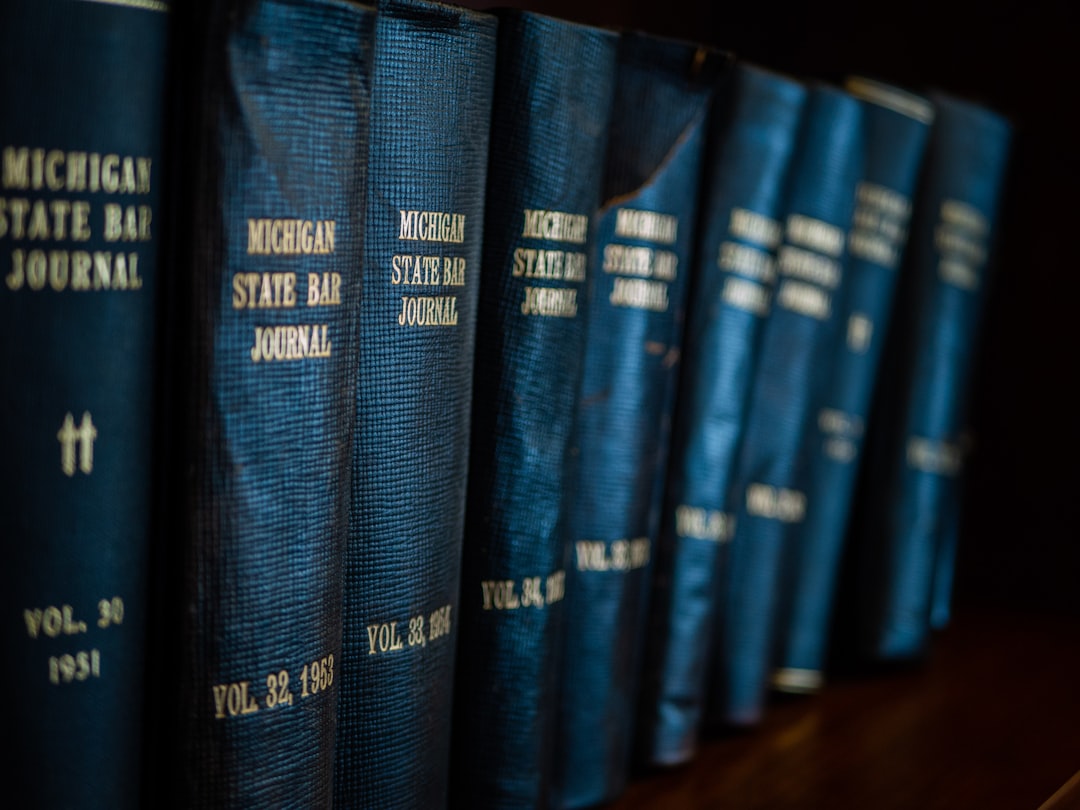In Tacoma, WA, where sexual assault cases are emotionally charged, a proficient rape lawyer relies on understanding DNA evidence. They must master DNA collection, storage, and interpretation, navigating contamination risks and technology limitations. Strategies include challenging chain of custody, laboratory practices, and scientific literature to doubt evidence reliability. These tactics, such as cross-examining experts and investigating alternative suspects, aim to safeguard clients' rights in rape lawyer Washington proceedings. Skilled lawyers rigorously evaluate DNA handling and analysis to avoid wrongful convictions or acquittals.
In Tacoma, Washington, where the handling of DNA evidence in rape cases is paramount, this article explores the intricate challenges and considerations for both prosecution and defense. A Tacoma lawyer’s perspective highlights the critical role of DNA evidence in shaping trials, while also uncovering its limitations. We delve into strategies for defense attorneys navigating complex DNA proof, ensuring fair justice for accused individuals under Washington State laws. Understanding these nuances is crucial for anyone seeking to navigate or challenge rape accusations in this jurisdiction.
Understanding DNA Evidence in Rape Cases: A Tacoma Lawyer's Perspective

In Tacoma, Washington, where sexual assault cases can be complex and emotionally charged, understanding DNA evidence is paramount for a rape lawyer. DNA, or deoxyribonucleic acid, plays a significant role in proving or disproving allegations of rape by providing unique biological identifiers. A skilled rape lawyer in Washington must grasp the intricacies of DNA collection, storage, and interpretation to effectively challenge or support their client’s case. Missteps in handling or interpreting this evidence can significantly impact the outcome of a trial.
A Washington rape lawyer should be well-versed in the scientific principles behind DNA analysis, the potential for contamination during collection or testing, and the limitations of current technology. They must also consider strategies to counter adverse DNA results, such as examining chain of custody issues, challenging laboratory practices, or raising doubts about the reliability of the evidence based on established scientific literature. By critically evaluating DNA evidence, a rape lawyer in Tacoma can provide robust legal representation, ensuring that their client’s rights and interests are protected throughout the judicial process.
Challenges and Limitations of DNA Proof: Strategies for Defense Attorneys

In Tacoma, Washington, as in many jurisdictions, DNA evidence plays a significant role in rape cases. However, this powerful tool is not without its challenges and limitations. Defense attorneys must be adept at questioning the integrity of DNA samples, understanding chain of custody issues, and scrutinizing laboratory practices to ensure their clients receive fair trials.
Strategies for defense lawyers include cross-examining experts on the potential for contamination, human error in collection or analysis, and the interpretation of ambiguous results. They also involve investigating alternative suspects and presenting evidence that other factors could have contributed to the presence of DNA at the scene. By employing these tactics, rape lawyers in Washington can challenge the reliability of DNA proof and protect their clients’ rights during legal proceedings.
Navigating Complexities: Ensuring Fair Justice for Accused Individuals in Washington State

Navigating Complexities is a crucial aspect for any rape lawyer in Washington State, where ensuring fair justice for accused individuals involves carefully handling DNA evidence. With advancements in technology, DNA testing has become a powerful tool in criminal investigations, but it’s not without its complexities. Misinterpretation or mishandling of results can lead to wrongful convictions or acquittals, making the role of a skilled rape lawyer even more critical.
In Washington State, the legal system recognizes the importance of rigorous standards when dealing with DNA evidence. This includes proper collection, preservation, and analysis to guarantee the integrity of the data. Accused individuals have the right to challenge the admissibility of DNA evidence used against them, requiring lawyers to thoroughly examine the methods employed during testing and any potential sources of contamination or errors. By understanding these complexities, a rape lawyer in Washington can build robust defenses, protecting their client’s rights and ensuring a fair trial.






